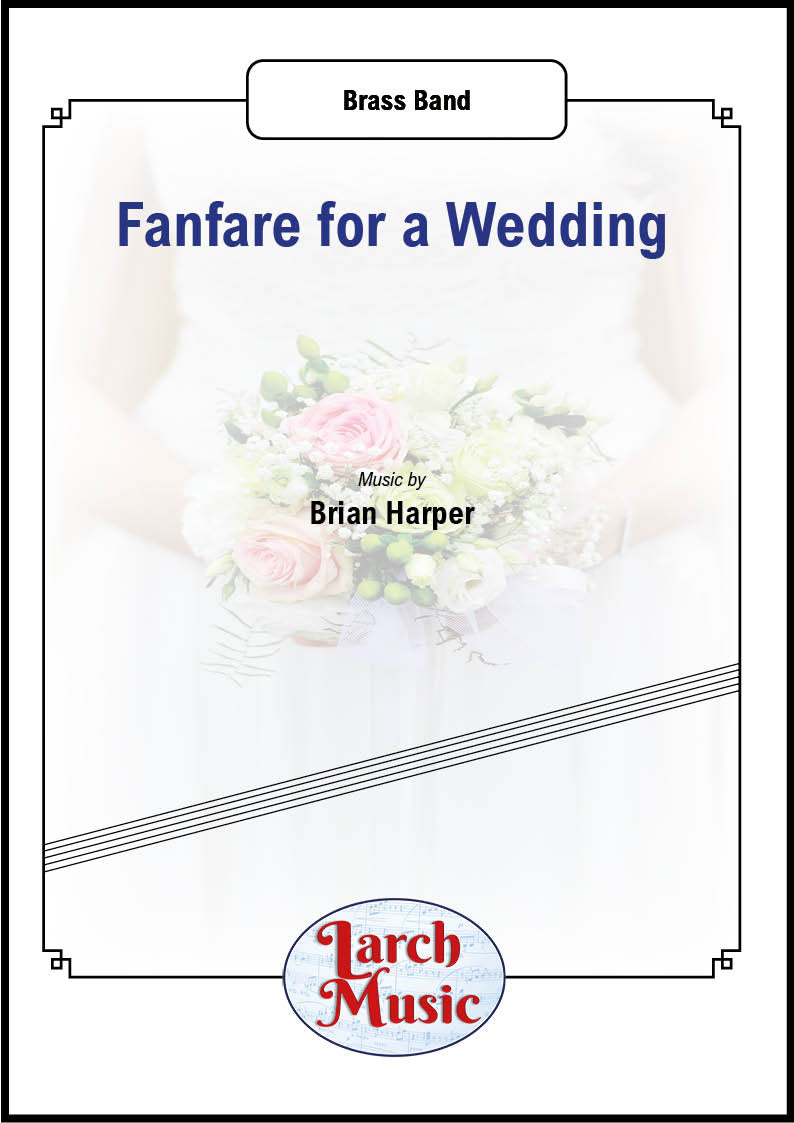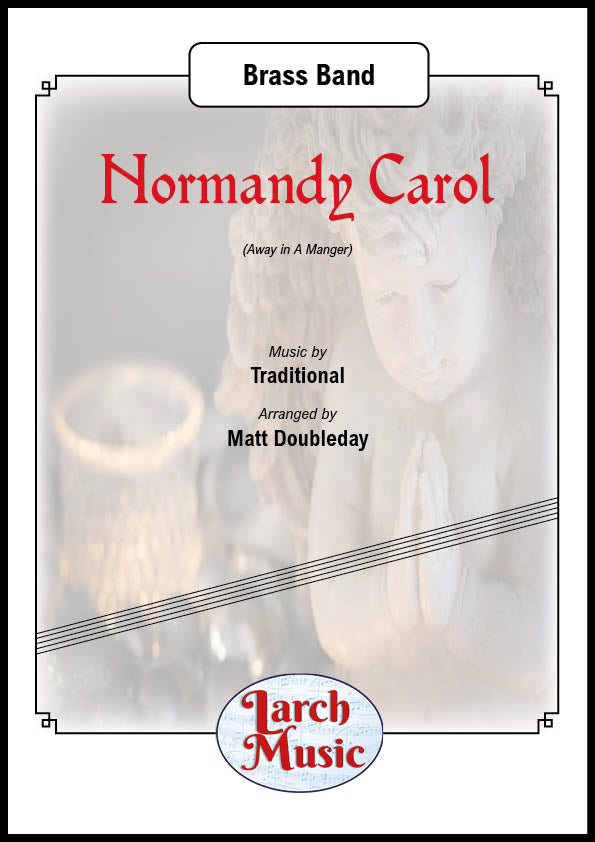Results
-
 £134.99
£134.99Dreams (Brass Band - Score and Parts)
This composition by Bertrand Moren presents various dreams which could have an effect on a dreamer's life. Its very high level of difficulty provides a great challenge for the conductor and musicians. You will be taken through a living Nightmare, with spine-chilling passages as dissonant chords alternate with aggressive percussion. Daydream is a patchwork of solos with all the brass band soloists playing serene and soft melodic lines with a virtuosic trombone cadenza. Finally, Visions portrays visions of insanity reflected by violent and discordant descending motifs leading to visions of joy presented in a sparkling and cheerful finale. 15:00
Estimated dispatch 7-14 working days
-
 £90.10
£90.10LION KING, The (Brass Band) - John, Elton - Fernie, Alan
Soundtrack highlights featuring five of the main themes: The Circle of Life; I Just Can't Wait to be King; Be Prepared; Can You Feel the Love Tonight; Hakuna Matata. Grade: Medium. Duration 8'45"
Estimated dispatch 7-14 working days
-
 £54.20
£54.20SPIRIT OF THE SEASON, The (Brass Band) - Smith, Sandy
Includes: Just a Closer Walk; I'm On My Way; Deep River; Down By the Riverside; When the Saints. Grade: Medium
Estimated dispatch 7-14 working days
-
 £25.00
£25.00Fanfare for a Wedding - Brass Band Sheet Music Full Score & Parts - LM858 - Brian Harper
COMPOSER: Brian HarperA great addition to the brass band repertoire from Brian HarperA fanfare fit for any wedding ceremonyLM858 - ISMN : 9790570008582
In Stock: Estimated dispatch 3-5 working days
-
 £30.00
£30.00Normandy Carol (Traditional arr. by Matt Doubleday) - Brass Band Sheet Music Full Score and Parts - LM286
COMPOSER: TraditionalARRANGER: Matt DoubledayA traditional carol given the brass band treatment by Matt Doubleday making a delightful new arrangement of Away In A Manger.Suitable for 4th Section upwardsA super addition to your Christmas Repertoire.
In Stock: Estimated dispatch 3-5 working days
-
£29.95
WELLINGTONIAN, The (Brass Band Set) - Harold Scotney
Scotney immortalised his native town and corps in this march and also in 'Wellington Citadel'. In a departure from normal process, Scotney uses a Salvation Army song, 'A robe of white' in the first strain while the hymn-like trio section has no associated text.
Estimated dispatch 7-14 working days
-
£29.95
MAPLE LEAF, The (Brass Band Set) - Bramwell Coles
This march is characteristic in style of many written by Bramwell Coles. It derives its title from the song, 'The Maple Leaf Forever' while there are also strong references to 'O Canada' and 'Rule Britannia'.
Estimated dispatch 7-14 working days
-
£24.95
MANGER SCENE, The (Brass Band Set) - Leslie Condon
A short setting of the beautiful 15th century German melody which is now associated with the carol 'Away in a manger'.
Estimated dispatch 7-14 working days
-
£29.95
SHINING STAR, The (Brass Band Set) - Peter Graham
A scintillating Christmas march from the pen of Peter Graham, featuring the carol, 'O come all ye faithful', with occasional references to 'God rest ye merry, gentlemen'.
Estimated dispatch 7-14 working days
-
£44.95
KINGDOM TRIUMPHANT, The (Brass Band Set) - Eric Ball
This landmark composition written in 1962 is perhaps the most universally known Eric Ball classic. With its magnificent finale treatment of the hymn tune 'Helmsley,' this is ideal concert repertoire.
Estimated dispatch 7-14 working days


